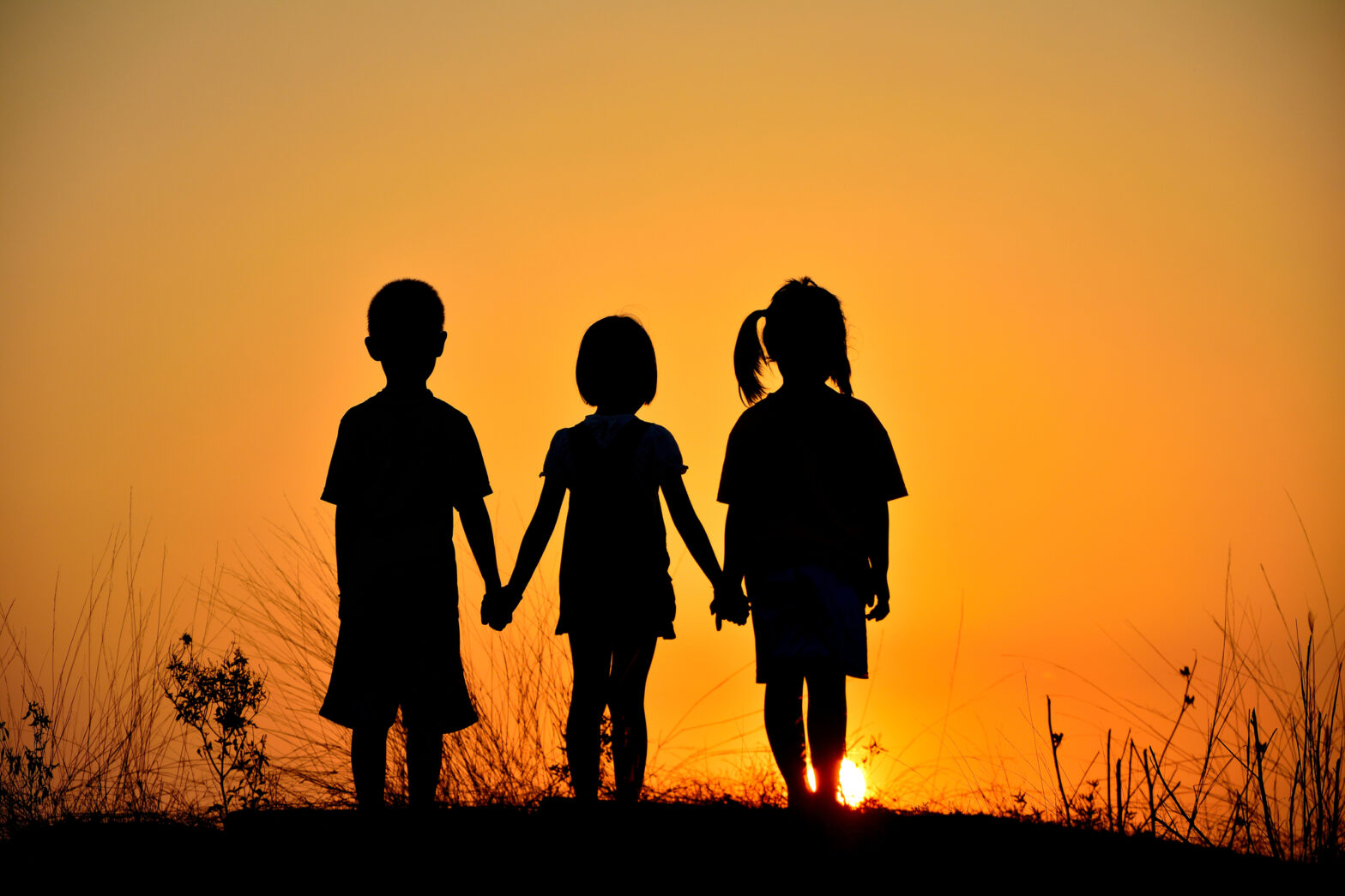
Are We Really Friends? Shabbat

OVERVIEW:
People are usually encouraged to bring friends to Shabbat dinner. But this Shabbat, people should bring people who might be your friend…for example, work friends that you have never hung out with outside of the office, or friends from your friend group that you haven’t hung out with one-on-one yet. This is a great opportunity to make a friend breakthrough!
MATERIALS:
- Food and ritual items for Shabbat
- Get-to-know-you questions for the maybe-friends to ask one another – or, you can do it Newlywed Game-style, where one person has to guess how another person answered a question (see here for sample questions).
- Resource sheet to learn about Jewish ideas of friendship (below)
The Hebrew word for friend, chaver, also means study partner (such a friendship/partnership is called a chavruta). Study these texts together and discuss what it means to be a friend.
Talmud, Ta’anit 23a
| Rava said: This is what people say: Either a chevruta, or death. | אָמַר רָבָא: הַיְינוּ דְּאָמְרִי אִינָשֵׁי: אוֹ חַבְרוּתָא אוֹ מִיתוּתָא. |
- What are the similarities and differences between friends and study partners? What kind of learning goes into friendship?
- Why do you think Rava said that being in a chavruta is a matter of life or death?
Talmud, Shabbat 31a
| There was another incident involving a non-Jew who came before Shammai and said: Teach me the entire Torah while standing on one foot. | שׁוּב מַעֲשֶׂה בְּגוֹי אֶחָד שֶׁבָּא לִפְנֵי שַׁמַּאי. אָמַר לוֹ: גַּיְּירֵנִי עַל מְנָת שֶׁתְּלַמְּדֵנִי כל הַתּוֹרָה כּוּלָּהּ כְּשֶׁאֲנִי עוֹמֵד עַל רֶגֶל אַחַת! |
| Shammai pushed him away with the stick in his hand. | דְּחָפוֹ בְּאַמַּת הַבִּנְיָן שֶׁבְּיָדוֹ. |
| The non-Jew came before Hillel, who converted him. | בָּא לִפְנֵי הִלֵּל, גַּיְירֵיהּ. |
| Hillel said to him: That which is hateful to you, do not do to your friend – this is the entire Torah. The rest is commentary. Go and study. | אָמַר לוֹ: דַּעֲלָךְ סְנֵי לְחַבְרָךְ לָא תַּעֲבֵיד — זוֹ הִיא כל הַתּוֹרָה כּוּלָּהּ, וְאִידַּךְ פֵּירוּשָׁהּ הוּא, זִיל גְּמוֹר. |
Rabbi Yisroel Salanter (1809-1883, Lithuania) once asked, “Why didn’t Hillel cast the rule as a positive statement: ‘That which is good for you, do to your friend’? The reason is that some things are good for you but bad for your friend.”
- What does Judaism say about how we should treat friends? Do you think it makes a difference if that person is not actually your friend?
- Are there times where there is something that is good for you but bad for your friend? How do you navigate that?
Talmud, Shabbat 32a
| Rav Pappa said: At the entrance to the store, there are many brothers and friends. At the entrance to loss, there are no brothers and no friends. | רַב פָּפָּא אָמַר: אַבָּב חַנְוָאתָא נְפִישִׁי אַחֵי וּמְרַחֲמֵי, אַבָּב בִּזְיוֹנֵי — לָא אַחֵי וְלָא מְרַחֲמֵי |
- What is Rav Pappa teaching us about fair-weather friends?
- Are there examples in your life where people stuck with you in difficult times?
What qualities can you look for in a person ahead of time, to tell whether they will be a friend to you in a time of loss?